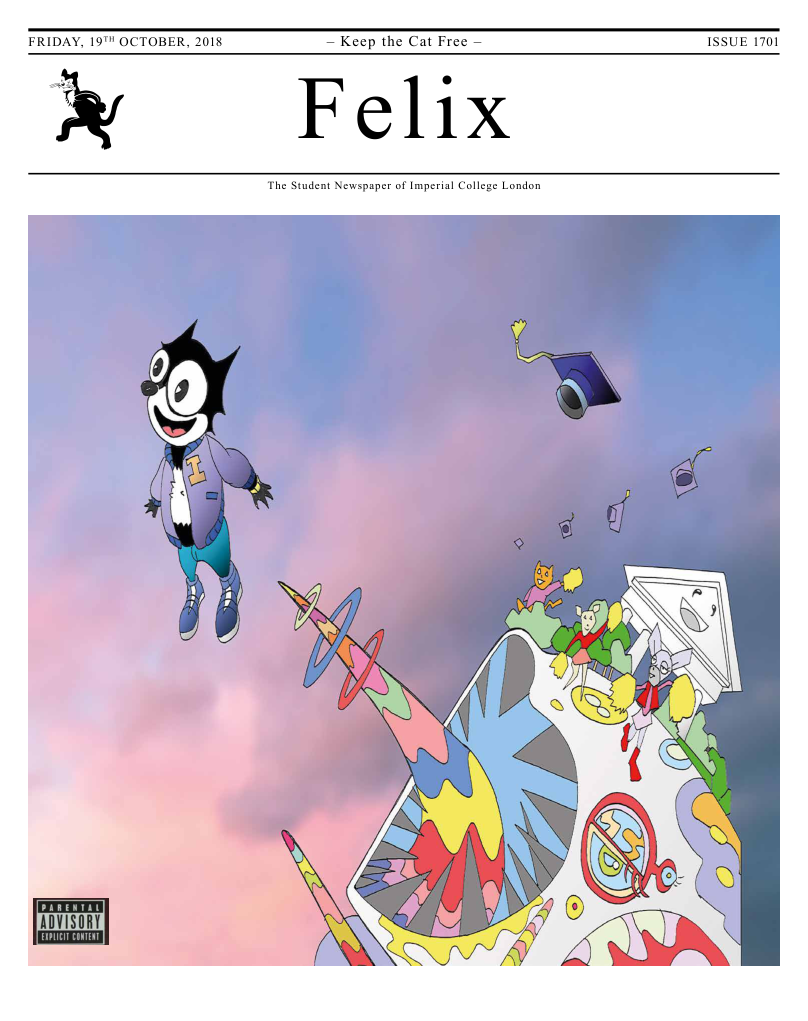Mutation as a form as music
Tim Hecker warns of an apocalyptic dawn with transcendental acceptance.

Rules are suffocating, their mere existence a constraint, bound by our own machinations. To create is to liberate. To break rules is to break free. Bach should be terrified of Ornette Coleman, and I’d reckon Chaplin would be dizzy after a Harmony Korine film.
Ambient music exists at the very end of the spectrum, and by definition alone, it is fiercely post-modern and non-musical in every traditional sense. Coined by Brian Eno, it disposes of structure and composition in favour of features it deems more important, such as texture and atmosphere. Bizarrely, such an obtuse form of music would become near ubiquitous as it got relegated to the function of background music. It’s mood music, something to relax to. It’s soft and simple.
You wouldn’t hear Tim Hecker playing at an airport or the dentist. Hecker eschews the idioms of ambient music which easily cast it, by the disinterested listener, as muzak. Throughout his career, spanning various albums and styles, Hecker’s brand of ambient music is loud and purposeful, strictly requiring your attention. His music is amorphous, almost as if it were the mutation of sound as music. Perhaps it is even lazy to characterise his brand of music as “ambient”. Hecker’s output, as he states, is an extension of his “obsession with ether and things that aren’t fully formed”, and is “fog-based”, almost embodying a life of its own. His albums are entirely encapsulated, almost as if it is one song, as he conjures abstract soundscapes with what seems like an endless palette of sonic textures.
With the seminal Ravedeath, 1972, we saw Hecker incorporate more live music into his compositions. Among the distorted drones and aggressive synthesisers, we occasionally caught glimpses of a piano - though disfigured and mutated. Each release thereafter would seek to feature more instrumentation and live recordings, with Virgins being centred around haunting piano phrases and Love Streams manipulating choral samples. Konoyo takes this one step further, stepping into electro-acoustic territory, with its music heavily influenced by Gagaku, the imperial court music of Japan that had its heyday in the Heian Period, in the 9th Century.
Konoyo’s stylistic origins are traceable to the late Jóhann Jóhannsson, as Hecker revealed in an interview with The Japan Times. During his recording sessions with Jóhannsson, who provided choral arrangements for Love Streams, the composer introduced him to the music of Gagaku. With this album Hecker sought to subvert the “super-dense, kind of effect-laden” sound he had put forth in albums prior, and explore notions of negative space, as inspired by the ancient Japanese art form. “There was so much restraint in the music of Gagaku, and just this kind of power.”
Konoyo sees Hecker working with the improvisational compositions of a group of Gagaku musicians. Recorded in a temple in Tokyo, his latest album is a dramatic departure from the sound that dominated the majority of his previous output. On Konoyo we are equally privy to passages of live instrumentation and synthesised distortions. The Canadian musician’s new-found compositional language is profound and abstract, as he pieces together a collage of sharp, glassy synthesisers with ominous ceremonial instrumentation, narrating a disorienting, dissonant rendition of the apocalypse. The soundscapes swirl patiently while gliding synthesisers wail. For Hecker, the world does not end in a blinding blaze of heat. It is however, cold, and we suffer slowly, and acceptingly.
An impressionist masterpiece, Konoyo stands tall amongst the rest of the year’s music. Hecker pulls more from the post-rock cookbook than ever before and presents one of his most thought provoking and complete works to date. Konoyo is futuristic while nostalgic, it is hopeful yet despondent, foreboding yet majestic. Here, he perfects what he ultimately failed to do in Love Streams. The music on Konoyo wails painfully, but I’m not quite sure what Hecker is trying to tell us. Perhaps that we are slowly crumbling away, day after day. I think he’s right.
- 4 stars







